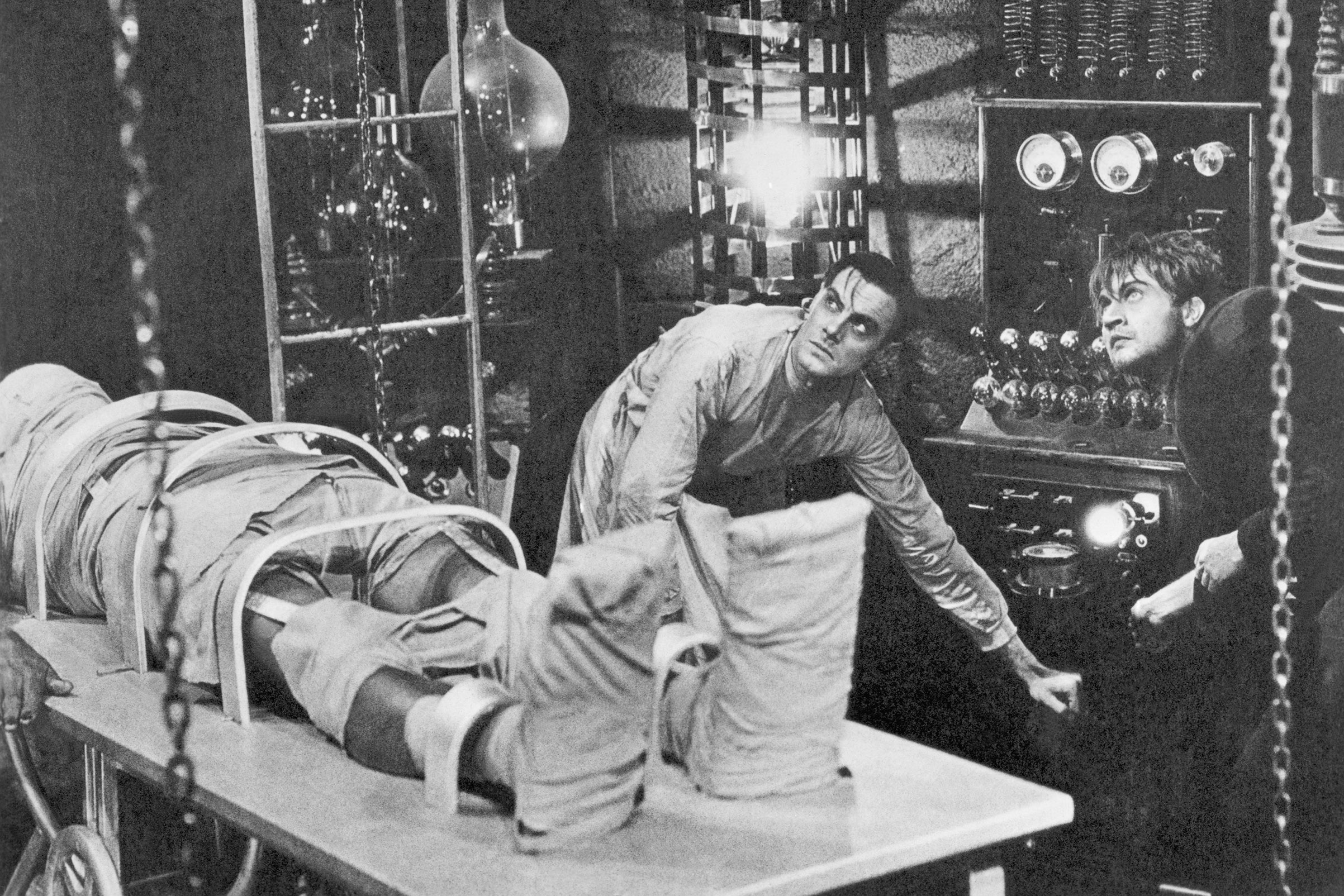

Thus, social sciences have to look for new theoretical and method-ological frameworks to approach AI and ‘artificial sociality’


It argues that research on AI-based technologies is flourishing mainly outside established disciplinary boundaries. The paper examines AI in relation with ‘ar-tificial sociality’. It is based on a discussion of the preliminary results of an on-going three-year re-search project that has been launched at the ISA Congress in Toronto. This paper is an invitation to a professional conversation about what and how social sciences can/should study “artificial intelligence”. So-ciological textbooks, handbooks, ency-clopedias, and sociology classes’ syllabi typically either don’t have entries about AI at all or talk about it haphazardly with a stress on AI’s social effects and with-out discerning the underlying logic that moves the prodigy on. TregubovaĬurrent sociology doesn’t have a settled view on what to do with a phe-nomenon that in the literature has been titled as “artificial intelligence” (AI).


 0 kommentar(er)
0 kommentar(er)
